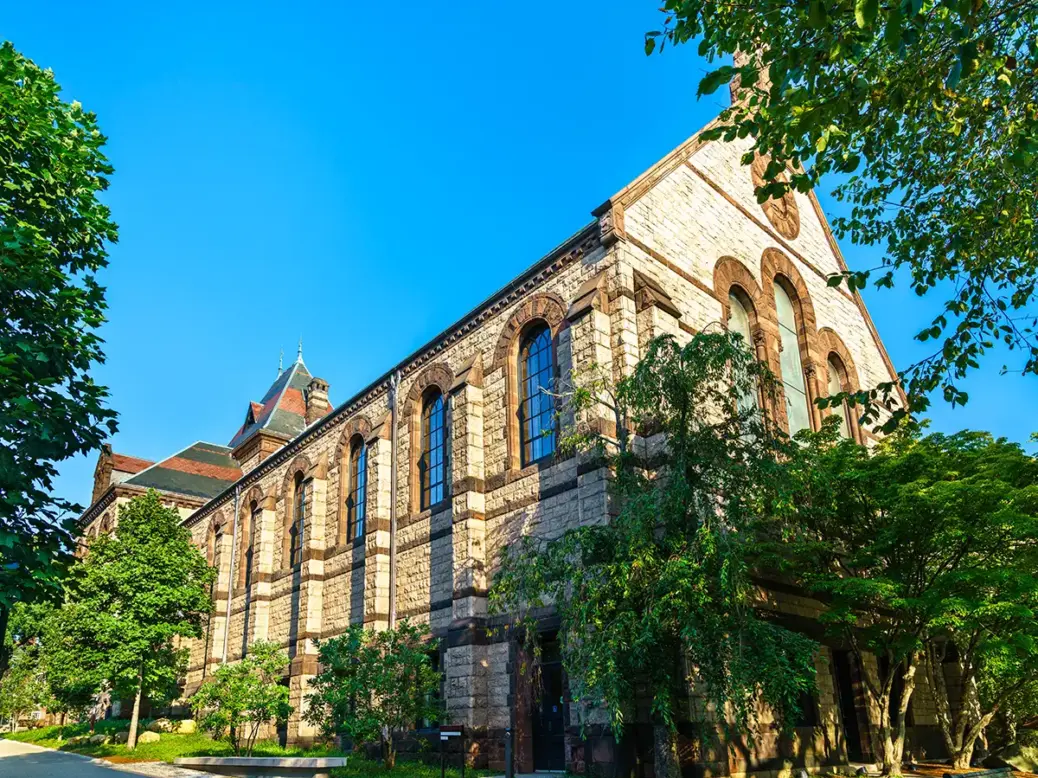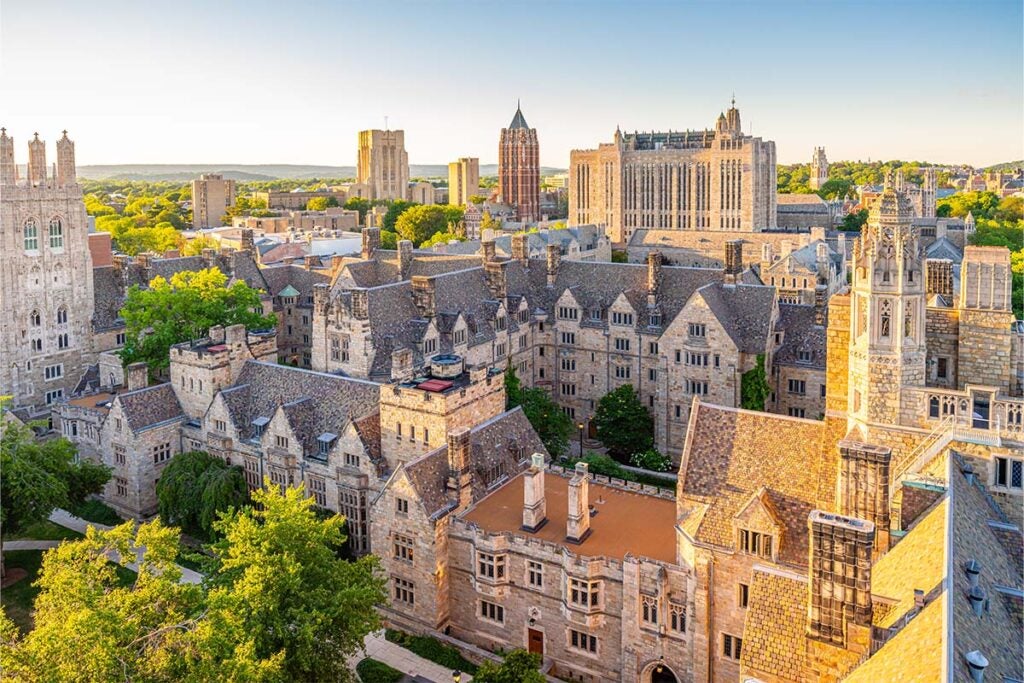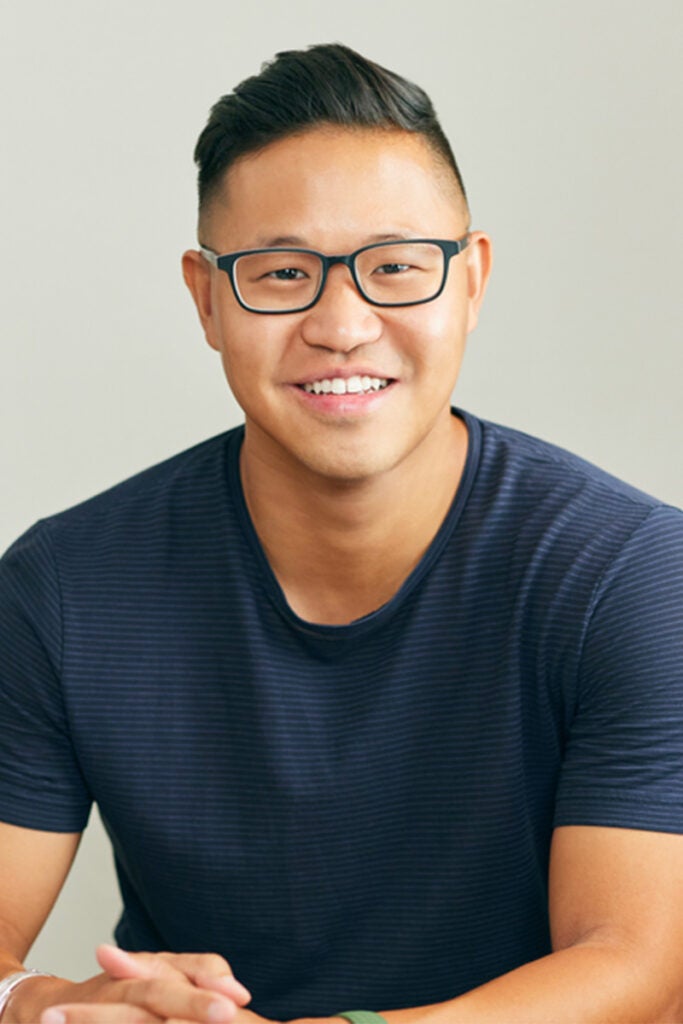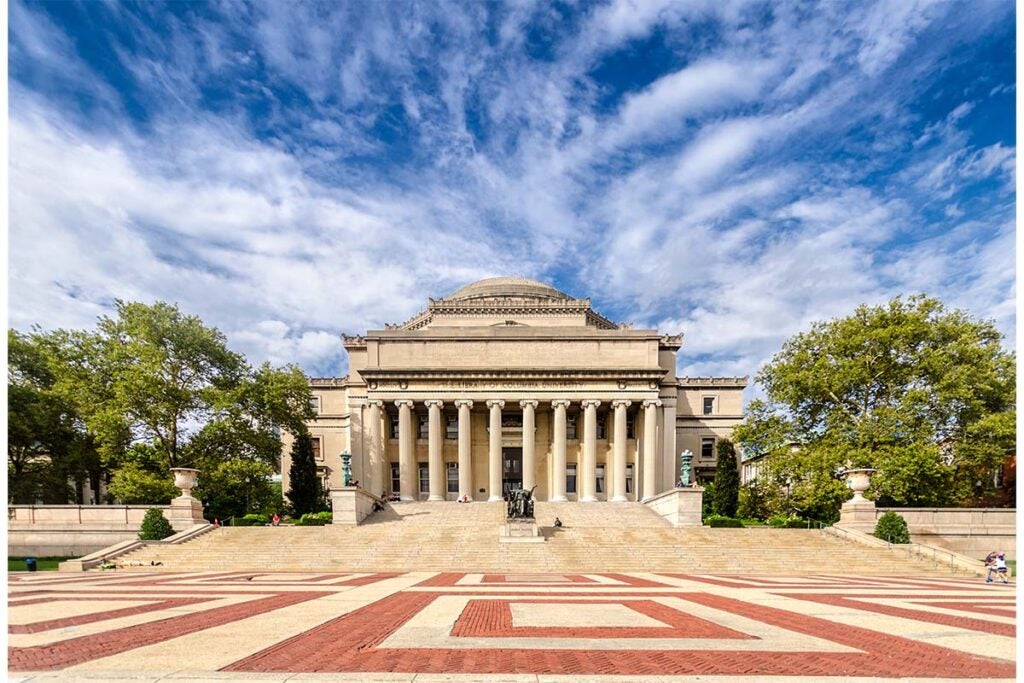
The US boasts some of the best universities in the world, offering a first-class education to the brightest students within vibrant, diverse campuses that offer facilities of the highest quality.
The eight leading private universities in America are known as the Ivy League. These schools – Brown University, Columbia University, Cornell University, Dartmouth College, Harvard University, University of Pennsylvania, Princeton University, and Yale University – are famous for being the best of the best.
[See also: Where did the world’s richest billionaires go to school?]
Yet the prospect of applying for these prestigious institutions can be intimidating, particularly for students who have undergone their secondary education in the UK.
Not only do Ivy League schools have sky-high fees, but they also have notoriously low admission rates. Only around 4 per cent of applicants are accepted into the schools each year. In comparison, Oxford offered a place to more than 14 per cent of students who applied in 2023, and Cambridge to more than 20 per cent.
Cracking the Ivy League application process is essential. For many families based in the UK, this means seeking the advice of an experienced educational adviser, like Adam Nguyen, a former admissions reader and interviewer for Columbia University and founder of Ivy Link; or Christopher Rim, the founder and CEO of education and admissions consultancy firm Command Education, to help guide a student on their journey.
What is the most important part of an Ivy League university application?

Not only has Nguyen worked in the admissions office of an Ivy League school, but he has also successfully applied to Harvard and Columbia. Having witnessed the process from all sides, he knows what it takes, and it is far more than excellent marks.
‘The common misconception that many families have is they think it is all about the application,’ Nguyen says. ‘But the application comes at the end of a very long process,’ he explains, noting that ‘the accomplishments the students need to work on take years to develop.’
Academic excellence

That Ivy League universities only accept students who obtain exceptionally high grades is no surprise. ‘Good is not enough,’ says Nguyen, ‘we have to make sure students reach excellence.’ In some cases that means working with a child from as early as the age of 10 to ensure their marks are consistently brilliant throughout secondary education.
While starting to work towards academic excellence early on is crucial, it is only from year 10 (US grade 9) that students’ records – both in and out of school – count towards college applications. ‘There are only about three full years taken into account’, Nguyen says, ‘so we have to put together a program for the students to maximise their chances within such a short timeframe.’
[See also: Introducing the Spear’s Schools Index 2024]
And it is no small challenge to optimise academic achievements during such a quick snapshot of time, especially as Nguyen knows how kids and teenagers are ‘unpredictable.’ ‘We have to be prepared for students to develop at different speeds, change over time [or even] pivot completely’, he says. But whatever their academic interests are, students have to continuously prove they are ‘excellent and ambitious’.
Test Preparation
To get into elite schools in the US, students must take at least one of the two main standardised admissions tests, the ACT and the SAT. Both require rigorous and specific preparation, which is usually made much more efficient when working with private tutors.
[See also: Global leaders in education toast success of Spear’s Schools Index 2024]
Test preparation is ‘almost as important’ as academic achievements, Nguyen says, ‘so we are also careful about exam stress, anxiety and mental health.’
Building a student narrative
Academic and test preparation are unquestionably decisive elements of the application process. However, the ‘most important’ factor lies in the second half of the equation, Nguyen explains, which is the qualitative and subjective evaluation.
Academic performance – however brilliant it is – is not enough to prove to Ivy League admissions officers that a student deserves an offer. Nguyen, who has studied at Harvard Law School, knows that the ‘burden of proof is on the applicant.’ For him, the admissions process to Ivy League schools is similar to a ‘legal proceeding where you have to present evidence to a judge and a jury.’
‘You’re telling a story,’ he says, ‘you have to prove you stand out from other academically excellent candidates by using your unique story.’
[See also: Institut auf dem Rosenberg: schooling the leaders of tomorrow]
But just like with a legal case, any claim needs evidence. Whether it is athletics, engineering or chemistry, ‘you have to demonstrate accomplishments concretely,’ Nguyen says. ‘It’s not about being interested in music, it’s about building a narrative and backing it up with evidence to convince the judge and the jury.’
One of the main challenges of an Ivy League university application is in fact to turn extracurricular activities into measurable accomplishments. ‘Students have to demonstrate how interesting and driven they are through winning competitions, getting work published,’ or any other relevant assessable achievement. Nguyen emphasises that having a ‘fancy title on a CV’ is not enough; ‘admissions officers see right through it’, and expect applicants to show they pursue interests in ‘deep and meaningful’ ways.
And of course, building a story and a student narrative takes time. ‘You don’t just become an amazing musician or scientist the year before you apply. That decision is made long before a student starts the process,’ Nguyen explains. ‘While we help with the quantitative components of the application, the rest has to be in place several years earlier, because then you can’t go back in time and become an expert in something new.’
This again is why it benefits to start thinking about an Ivy League education as early as possible.
Rim agrees that a thoughtful narrative is paramount, adding: ‘A standout student narrative is one that is truly holistic.’. For Rim, students’ involvement in extracurricular activities, summer programming, coursework and college essays should be ‘continually’ tailored to feed a specific narrative. ‘Every aspect of a student’s application should coalesce around one compelling and cohesive story,’ he explains.
How are Ivy League applications different from Oxbridge and other elite universities?

It is no coincidence that elite US universities value the breadth of knowledge over one single academic focus as this reflects the broad-spectrum approach to education in the early years of college, before a student chooses to specialise. ‘The US secondary education has this view that you should be a renaissance person,’ Nguyen says.
However, applicants from outside the US – and particularly in the UK – tend to be much more focused academically, often choosing only three subjects to study at A-level. This narrowly focused education can be a downside for UK applicants who don’t have the same ‘frame of reference’ as their overseas peers, Nguyen explains. ‘But it is all about finding the right balance between breadth and depth, and ensuring all students have a well-rounded education across disciplines.’
[See also: The 10 best private schools in North America in 2024]
This balance of knowledge is crucial, as top colleges ‘want to build well-rounded classes, made up of students who are specialists in their area of interest,’ Rim explains. Among other things, this means prioritising ‘quality over quantity’ and ‘pursuing leadership opportunities in the activities that they enjoy the most’.
Ivy League admission officers are well-versed in education systems worldwide, especially as diversity has become increasingly valued in classrooms. One of the considerations this entails is the applicants’ socioeconomic background. ‘A student who attended Eton is not evaluated against a child who doesn’t have the same privileges,’ Nguyen says. Ivy League schools have higher expectations from students who grew up in HNW or UHNW families, as they know they have had access to a myriad of resources, from private tutors to test preparation and extracurricular activities.
Ultimately, the main piece of advice Nguyen can give to any student who dreams of Ivy League universities is to ‘be ambitious’, ‘start the process very early on’, and ‘put a lot of work into the application, regardless of who is helping you with it.’






